Can STD Tests Be Wrong?
Last updated: Dec 20, 2025
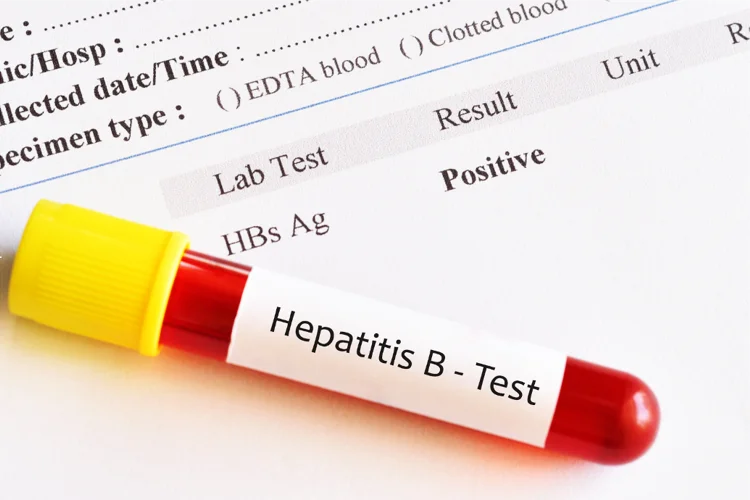
While sexually transmitted disease (STD) tests are highly accurate, no test is 100% reliable. False positives and false negatives can occasionally occur, which is why understanding how these tests work is important for interpreting your results.
Common STDs tested include chlamydia, gonorrhoea, syphilis, HIV, and herpes.
In 2018, Singapore recorded 8,024 STI cases among the top five infections, underscoring the importance of regular testing and early detection to prevent transmission and ensure timely treatment.
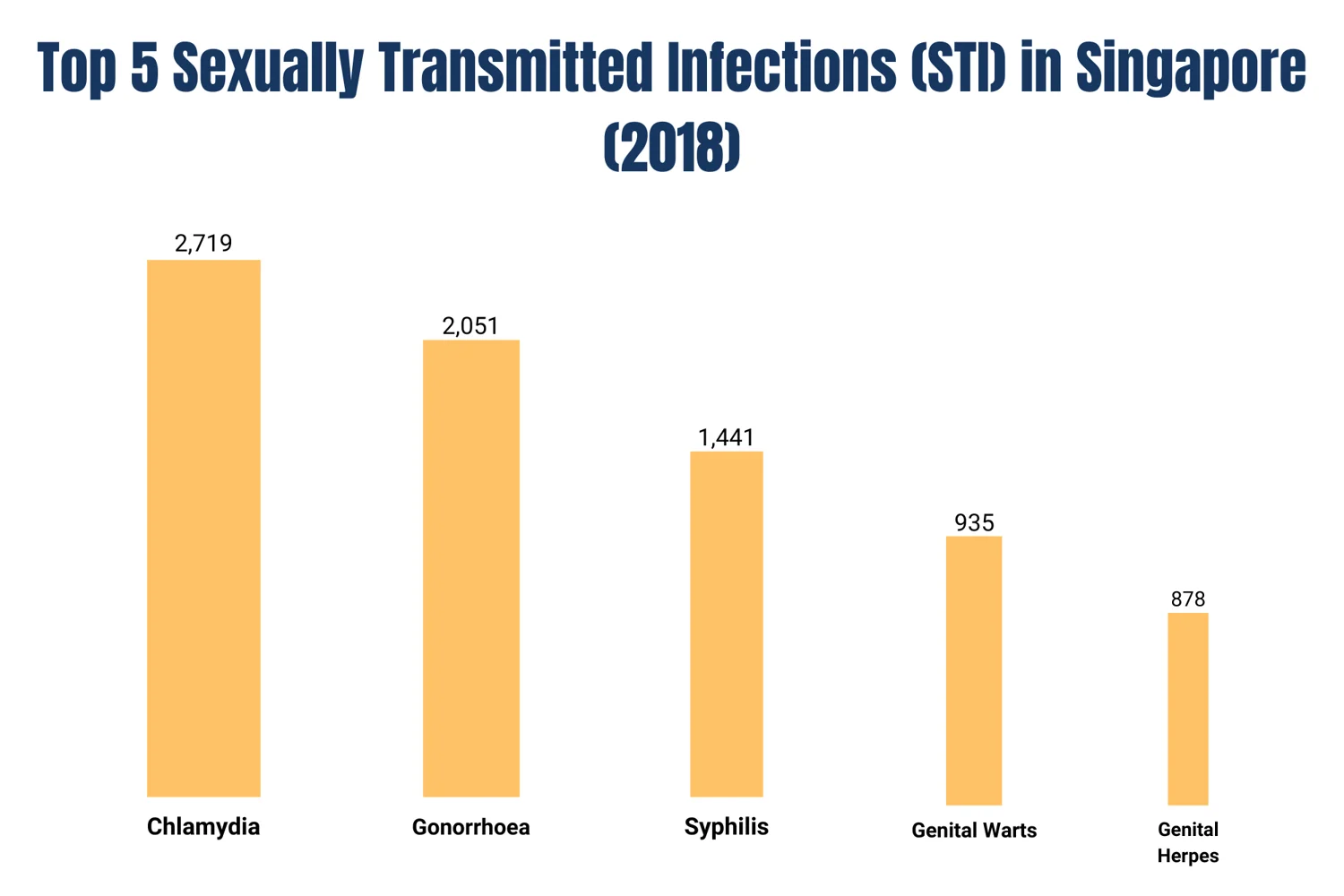
Types of STD Tests
Common types of STD tests that are typically performed on either blood, urine, or swab (throat, genital area, rectum) samples include:
- Antibody Tests: These tests detect antibodies, which are proteins produced by your immune system to fight off infections. They are commonly used for diagnosing HIV, syphilis, and hepatitis B and C.
- Antigen Tests: These tests detect specific proteins (antigens) from the virus or bacteria. They are used for infections such as HIV and syphilis.
- Nucleic Acid Amplification Tests (NAATs): These tests detect the genetic material (DNA & RNA) of bacteria or viruses. They are used for diagnosing infections such as chlamydia, gonorrhoea, and trichomoniasis.
- DNA Tests: These detect the DNA of certain viruses, such as human papillomavirus (HPV).
- Viral Culture: This test involves growing a sample of the virus in a laboratory to confirm its presence. It is often used for diagnosing herpes.
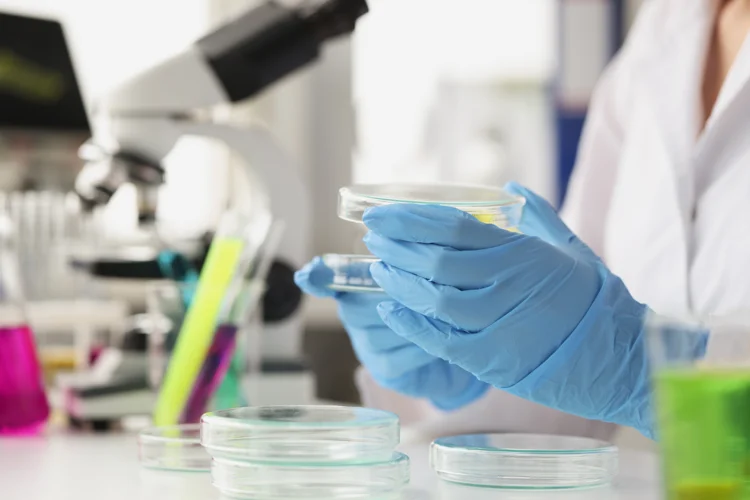
Understanding Test Accuracy
Two key measures of test accuracy are sensitivity and specificity:
- Sensitivity: The ability of a test to correctly identify those with the infection. High sensitivity reduces the chance of false negatives, where an infected person is incorrectly identified as not having the infection.
- Specificity: The ability of a test to correctly identify those without the infection. High specificity reduces the chance of false positives, where a person is incorrectly identified as having the infection when they do not.
You can talk to your doctor to find out more about the various tests used for STD screening to make an informed decision.
Factors Affecting Test Results
- Type of STD Being Tested for: Different STDs require different testing methods, and the accuracy can vary.
- Timing of Tests: Testing too soon after exposure can lead to false negatives because the infection may not have reached detectable levels. Each STD has a window period, which is the time between exposure and when the test can reliably detect the infection.
- Sample Collection & Handling: Proper collection, storage, and handling of samples are essential for accurate results.
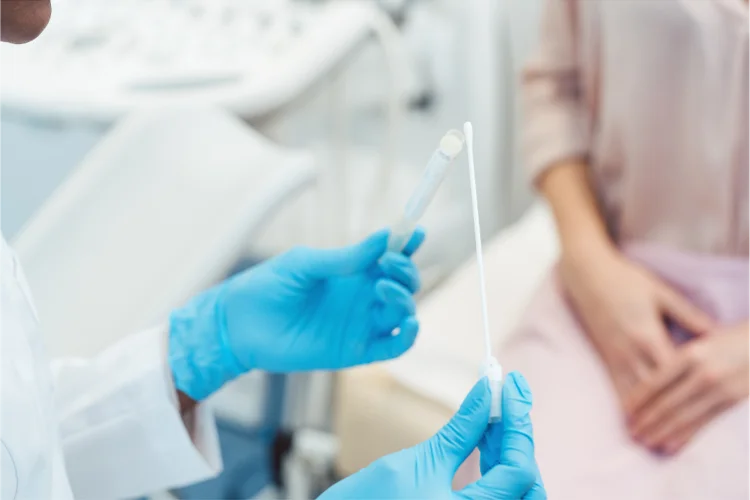
Interpreting Results
Once you get your results, it's important to talk with your doctor. They can tell you if you need additional tests to confirm the results and help create a suitable treatment plan to avoid any further health issues. Knowing what STD tests can and can't detect, along with professional medical advice, helps ensure you get the right care.
Summary
Despite not being infallible, STD tests are absolutely essential for diagnosis and treatment, to prevent further health complications and transmission to others. Being aware and understanding the potential for inaccurate results underscores the importance of seeking professional medical advice in interpreting such tests and determining further steps for your health and well-being. If you are unsure of which STD tests are suitable for you, schedule an appointment with a doctor to discuss more.
Why Choose ATA Medical?




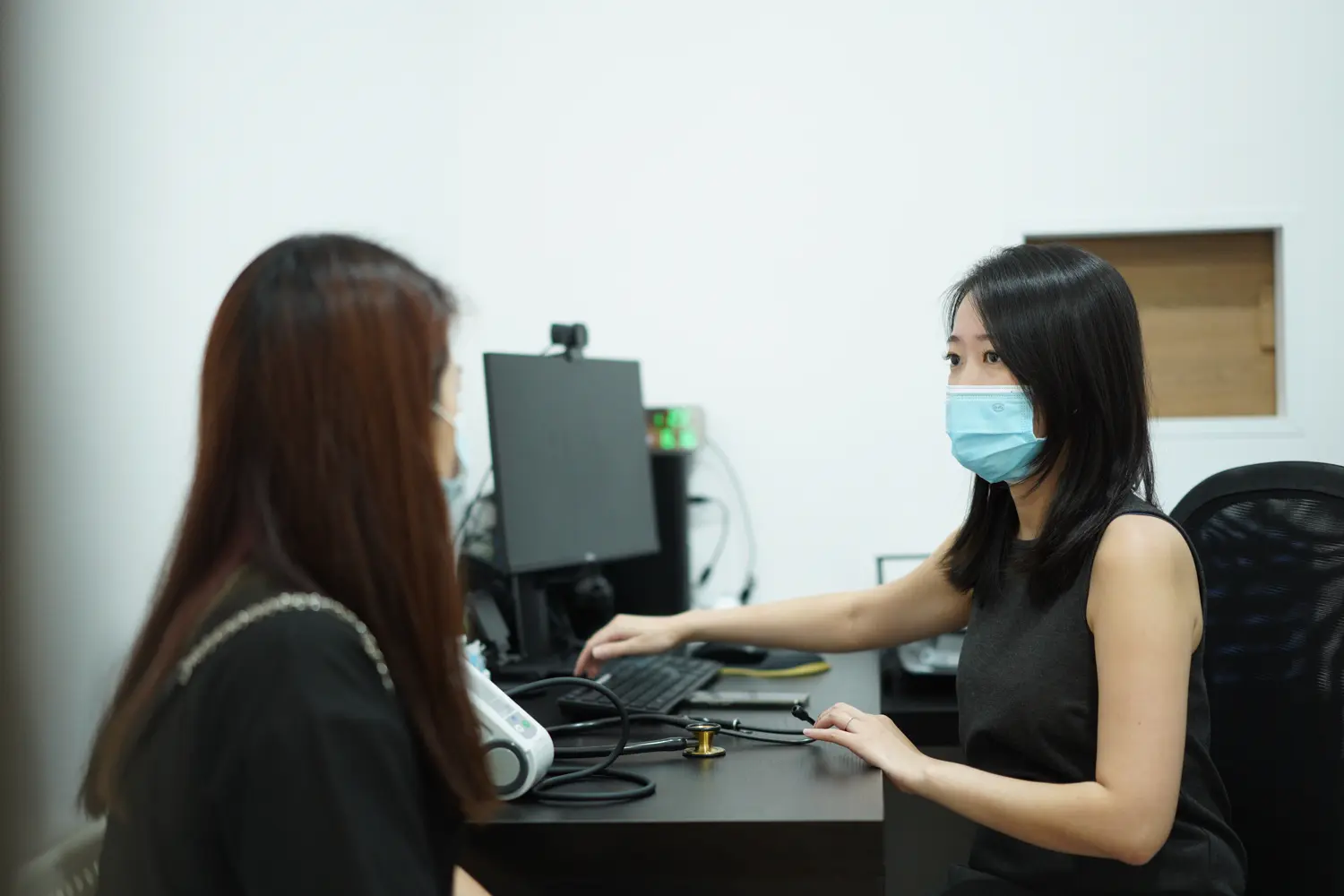



Delivering Care Patients Appreciate
What to Expect
FAST RESULTS
We strive to deliver your results within 7 working days.
MINIMUM WAITING TIME
Our patient-oriented processes ensure your waiting time is kept to a minimum.
Friendly Service
Service is a top priority for us at ATA Medical.
Email Us at camden@atamed.sg for more
information.
Book your STD screening with us at 88770326


